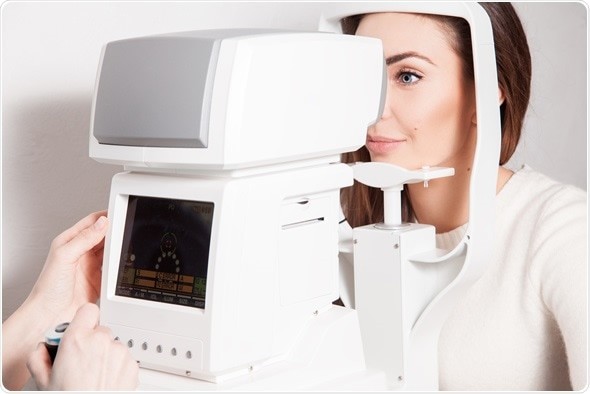Ophthalmology is a specialized branch of medicine dedicated to the comprehensive care of the eyes. This field encompasses the anatomy, physiology, and various diseases that can affect ocular health, encompassing both human and animal eyes due to the similarities in ocular function and optic diseases. Historically, ophthalmology covered all aspects of visual function, in both healthy and diseased states.
An ophthalmologist is a medical doctor specializing in the prevention, diagnosis, and treatment of eye conditions. This involves a wide range of interventions, including medical treatments, surgical procedures, and the prescription of corrective lenses. Ophthalmologists receive extensive training in both medicine and surgery, making them uniquely qualified to address complex eye disorders.
Visual function aspects considered by ophthalmologists during eye examinations include refraction, orthoptics, binocular vision, and strabismus. These assessments are crucial for accurate diagnosis and treatment planning.
Common Eye Conditions Managed by Ophthalmologists
A significant part of an ophthalmologist’s practice involves managing various eye conditions. Some of the most prevalent include:
- Age-related Macular Degeneration (AMD): This condition primarily affects individuals over 50 and can lead to vision loss due to damage to the macula. Early detection and management are crucial for preserving vision.
- Cataracts: Globally, cataracts are the leading cause of vision impairment. Cataract surgery is a common and effective procedure to restore vision.
- Diabetic Retinopathy: High blood glucose levels can damage blood vessels in the eyes, leading to diabetic retinopathy and potential vision impairment. Management of diabetes is essential for preventing and slowing the progression of this condition.
- Glaucoma: This condition damages the optic nerve, gradually worsening vision. Regular eye exams are vital for early detection and treatment to minimize vision loss.
 Patient undergoing eye examination – comprehensive eye exam
Patient undergoing eye examination – comprehensive eye exam
Comprehensive Eye Health Services Offered
Given the increasing aging population in many countries, the incidence of age-related eye diseases like macular degeneration is also rising. Early detection and timely management of eye diseases are critical for improving treatment outcomes. Ophthalmology provides a range of services to ensure optimal eye health, including:
- Prescription of Glasses or Contact Lenses: Corrective lenses are prescribed to improve visual acuity and correct refractive errors.
- Medical Treatment with Pharmaceutical Agents: Medications, including eye drops and oral medications, are used to manage various eye conditions such as glaucoma, infections, and inflammation.
- Surgical Procedures: Complex microsurgical procedures are performed to treat conditions like cataracts, glaucoma, and retinal detachment.
The specific treatment approach depends on the individual case, the goals of therapy, and is tailored to each patient’s needs. Ophthalmologists consider factors like the patient’s overall health, the severity of the condition, and potential risks and benefits of each treatment option.
Ophthalmology Training and Education Requirements
The training path to becoming an ophthalmologist is rigorous and varies depending on the country. Generally, it involves completing medical school, followed by a residency in ophthalmology. This specialized training focuses on the medical and surgical management of eye disorders.
Ophthalmologists are also often involved in scientific research, contributing to the understanding of eye health, visual function, and related diseases. Their research efforts can lead to new diagnostic techniques, treatment strategies, and preventive measures.
The distinction between ophthalmologists, optometrists, and opticians is important to note. Ophthalmologists are medical doctors with specialized training in eye care, while optometrists are healthcare professionals who provide primary vision care services, such as eye exams and prescriptions for glasses and contacts. Opticians, on the other hand, are trained to fit and dispense eyeglasses and contact lenses.
References
- American Academy of Ophthalmology: https://www.aao.org/
- National Eye Institute (NEI): https://www.nei.nih.gov/
Further Reading
- Clinical Ophthalmology: A Systematic Approach by Kanski and Bowling
- Basic and Clinical Science Course (BCSC) by the American Academy of Ophthalmology